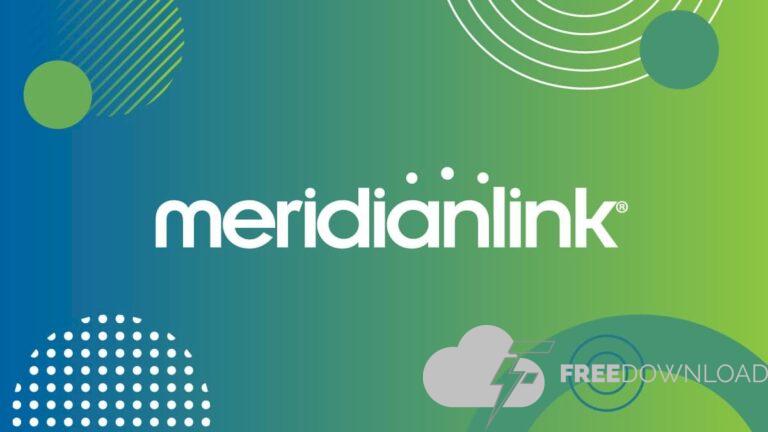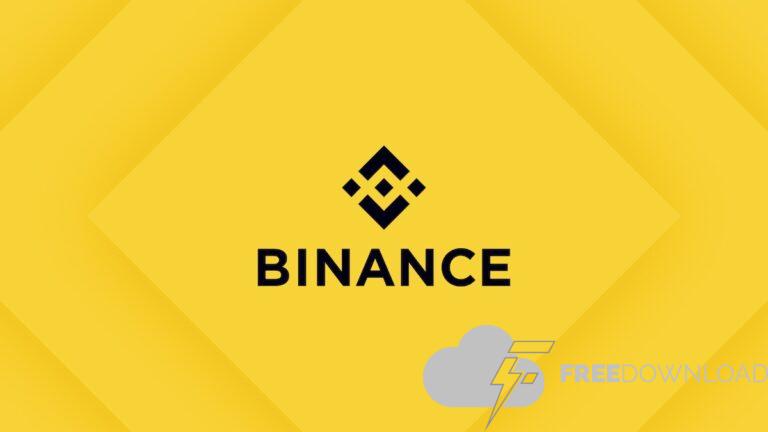
Nowadays, it seems that every click and every login for our email or social network opens a window for those who try to steal our information. Theft of identity has reached the levels that we could not imagine just a decade ago. According to the latest official data, Total fraud and identity theft cases have been almost three times in the last decade.And it comes in hand with rapidly more financial loss and deteriorating of personal reputation. All of them, it adds constant stress to our digital daily life – something that we cannot easily ignore.
VPN conservation services are marketed today as a final solution to navigate the Internet, but is it enough? With a VPN, we get too much oblivion, better protection when connected to public places, and other advantages -Tru. But we can do more. Let’s dive into all this with depth.
What is theft of identity?
In its simplest definition, Identification of theft The person using his personal data to perform fraud activities is a copyThe nature of these tasks is very different, from online purchase to credit application that can damage someone’s credit score or prevent serious threats for their financial good.
Depending on the amount and accuracy of the assault and the amount of the stolen data, the copy can reach something harmlessly harmless as social networks – which can launch more advanced attacks – for something important as medical records or bank accounts. These data violations can occur through password mismanagement, social engineering attacks, or even data leaks from other companies and services.
General type of identity theft
If we classify identity theft based on the effect on the victim, we can talk about attacks that target both physical and personal integrity. Here we find everything Financial fraud for medical identity theft and banking account copyingAccording to the US Federal Trade Commission, in the latter, 2022 alone lost more than $ 8.8 billion as you can read in the following Add,
In financial fraud, attackers use stolen credit card information to shop. In medical theft, they apply a medical history to get healthcare or prescription in the name of the victim. In the end, but no less importantly, the general account copying allows the intruders to control email, social network and payment platforms, making it easier for them to move on to even more important goals.
Identity theft results
The results of everything mentioned above can be quite clearly, important. Personal wealth, prestige, and most importantly, peace of mind is all kept at risk from many fronts. Offly can spend for months or even years – try to restore their names and prove their innocence for financial institutions working with suspicious transactions.
How to steals cyber criminal data
When it comes to theft of personal data that enables identity theft, there are many methods. We are talking Fishing scam, fake Wi-Fi network, and data violationsIn the first case, the attackers use well -designed emails or messages that mimic valid platforms and ask for sensitive information.
In the second case, usually in the public environment, fake access points pretend to be the official network, which allows real -time spying on user activity. Finally, data violations in companies dump large amounts of information on the black market, where it is ready to exploit anyone’s mercy.
How VPN helps protect from identity theft
At this point, a special word – three letters, actually – come to the brain as a solution. A VPN, or a virtual private network, acts as a safe intermediary that encryps the data we sent and receivedThis forms a tunnel between us and our destination, ensuring that data transfer is also safe on public networks.

By design, it also hides our real connection point, making it very difficult to track our browsing activity. Just with these two functions, the attack surface has decreased significantly, reduces the work of other security systems such as antivirus software and antifissing platforms. So, what does a VPN actually do for us?
Encrypt your data to help protect sensitive information
VPN encryption ensures that the data is traveling to the VPN server except our device – including the entire local network and internet providers – is inaccessible to others. For that reason, when we handle banking operations, make online shopping, or exchange personal information, it is firmly recommended to activate this security.
Mask your IP address
Because it is a VPN server that connects with websites or services on our behalf – not directly – those services cannot easily recognize us or find us. Masting our IP address increases our oblivionThe field reduces restricted restrictions, complicates targeted DDOS attacks, and helps reduce evolution in apps that do not use https or other safe protocols.
Reduce man-in-media attacks and fake Wi-Fi hazards
Going back to encryption, ensures that anyone except the legitimate recipient of our connection can stop, read or modify. In a man-in-middle attack, An intrusion keeps himself between us and our destinationGetting free access to data and even the ability to replace it.
A VPN prevents it, as encryption makes any data almost impossible. Whether we are working with an unsafe open network or a more targeted attack, even if someone catches our traffic, they will not be able to read or tamper with it.
Why VPN alone is not enough
Now, is a VPN alone enough to keep us safe? No, not clearly. Does it provide too much protection? Yes, but it works best when it is added to other devicesAn antivirus that detects malicious software and a good email filter is the major elements to catch fishing efforts.
For example, it is necessary to protect against attacks arising from within our own devices – such as kelogors or screen scrapers. It is equally important to manage our password properly to avoid simple password and credential reuse.
Importance of making VPN pairing with antivirus software
Digital safety involves regularly closing potential attack vectors, reducing exposure and following good practices. In this sense, using our reliable VPN with good antivirus software is important to achieve all three goals.
When used simultaneously, VPN and antivirus complement each other: Antivirus strengthens our defense by blocking malware, ransomware and malicious script, before they can compromise our data or credentialsIt also provides real -time web security, warning us about dangerous sites and fishing efforts.
Additional safety measures to consider
Along with choosing a reliable antivirus – introduced by Avast – there are many other precautions that we should consider. Strong passwords, two-factor authentication, and regular software updates are columns of any specialist’s adviceAnd for good reason. They play an important role in protecting our security.

Unique passwords of sufficient length protect our accounts, while two-factor authentication acts as the last line of defense if the password is compromised. And of course, keeping our equipment updated makes them more secure against attacks and ensure that they do not become gateways for attacks on other connected platforms.
Pro tip? Use a code-generation app instead of obtaining a two-factor authentication code by SMS. With increasing threat to SIM swapping attacks, a dedicated app is a smart step.
Back to recommendation to choose Avast Antivirus for our safety- Dark web monitoring If Awast realizes that when credentials or personal data are exposed, it alerts usThis gives us the opportunity to change the password and avoid major damage.
With Avast SecureLine VPN and AVAST One, we get a VPN that encryps our traffic, hides our IP, and strengthens privacy – while mixing it with avast antivirus for best safety for our daily digital life.

FAQ: VPN effectiveness in perspective
Can a VPN provide complete protection against identity theft?
A VPN online improves our oblivion and encrypse our connection to prevent evolution or tampering. It reduces many risks, but it still requires supplementary measures like strong password, two-factor authentication, And an up-to-date antivirus to close the additional attack vectorThis combination shuts down the weaknesses that cannot cover VPN alone, such as downloading malware from unsafe sites or capturing our data spyware.
Can someone steal my identity when I am using VPN?
A VPN Encipses our traffic and hides our real placeBut this is not the whole story. It is important to verify the website certificates before avoiding the suspected link and interacting with them or sharing personal data. Adding an antivirus to our setup that inspects the download and detects Trojan and other dangers increases our safety.
What kind of personal information should I save most carefully?
Some types of data are particularly attractive to criminals. Bank and credit card information, social security numbers and login credentials Other accounts are the major goals, as they allow for cloning identification on financial transactions, loan applications or other platforms.
We should also pay special attention to biometric data, medical records and safety of official documents including the date of birth or address.
What is the most effective way to protect my identity from theft?
The most effective approach is to adopt Landed Strategy: VPN, Antivirus and Password ManagerSo that each tool covers a separate area of our safety. The combination of encrypted connections with malware detection and strong credentials makes it very difficult for an attacker to succeed. We can-and in many cases-to react quickly to the detaa leaks must proceed with two-factor authentication and dark web monitoring.
What are we waiting to protect our digital environment?
With Avast Secureline VPN, we encryps our traffic, hide our IP address, and browse with peace of mind on any network – public or private. If we want maximum security, we will combine it with Avast Antivirus, which increases our rescue against malware and fishing attacks.
Avast secureline vpn saves us from the first clickAvast one supports Avast one in detecting, and blocking dangers and blocking dangers. In this way, we cover all fronts and ensure our best security.




